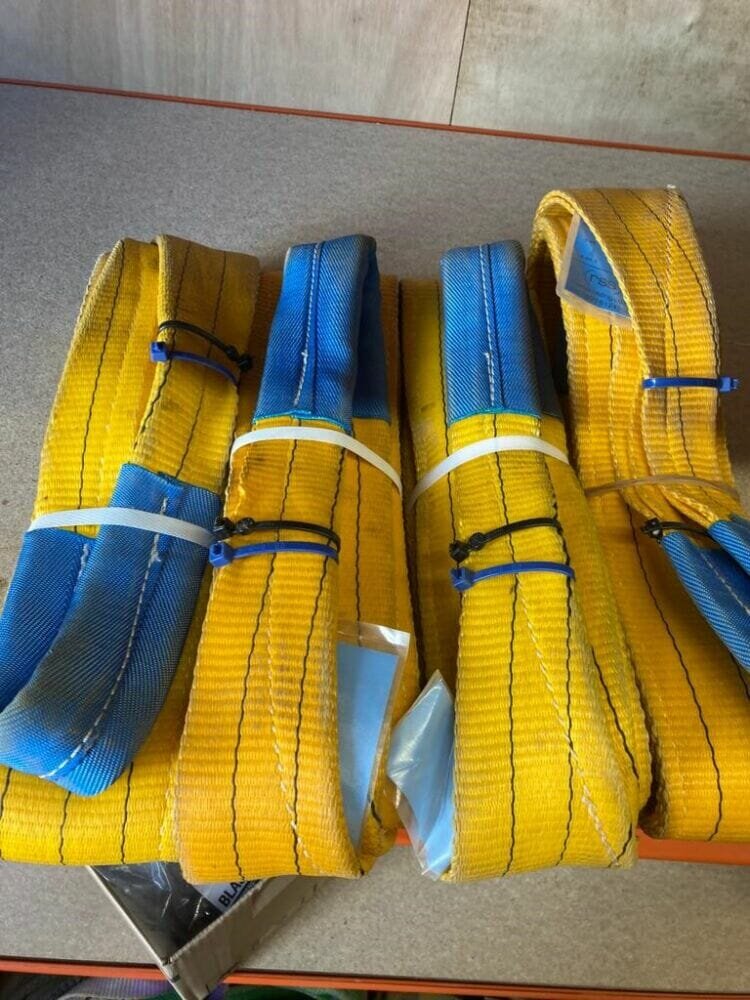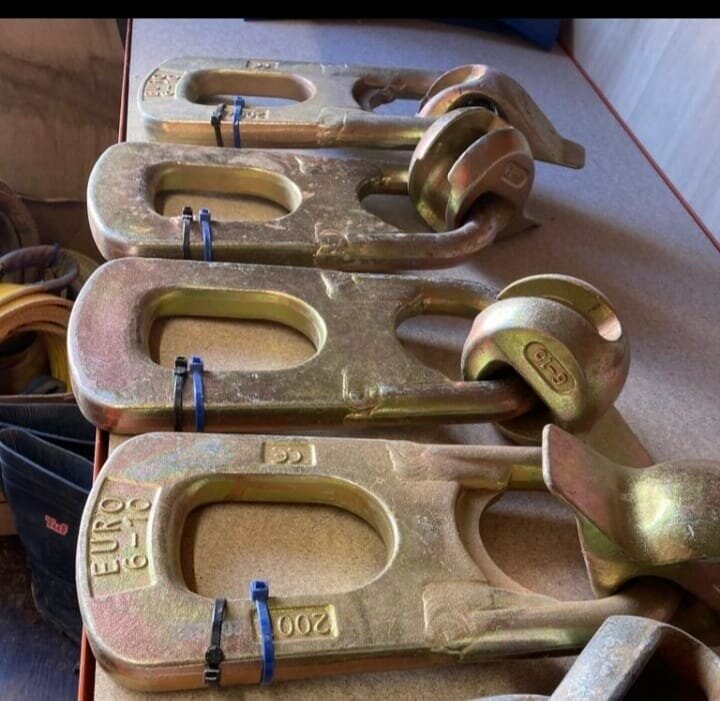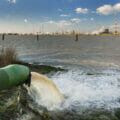Radio-frequency identification (RFID) tracks every item of Rope and Sling Specialists Ltd.’s (RSS) equipment at a sprawling, seven-site project in London.
RSS has stocked lifting and rigging equipment stores at each of the locations—and every shackle, hook, sling, and harness is fitted with a tag that can be read by a smart device to capture inspection and location details on an app.
Motion Software’s Kinetic system is a third-generation package, built with user configuration and mobility in mind. These RFID tags work effectively even in harsh environments with excessive dirt, dust, moisture, and extreme temperatures. Practically, the technology is changing the way that lifting and rigging gear is inspected and monitored onsite.
Tony Teeder, regional account director — Midlands, London and South at RSS, said: “Many sites used to be dictated to only by the requirements of LOLER [Lifting Operations and Lifting Equipment Regulations 1998] to inspect and document equipment periodically—six-monthly, for example. However, by utilising RFID technology, sites are driving this down to monthly, weekly, and daily tracking procedures.”

Much of the equipment that RSS supplies is already fitted with RFID chips, but they are easily added to webslings and roundslings. 
These lifting clutches are fitted with a tag that can be read by a smart device to capture inspection and location details on an app.
Teeder pointed to four pillars of the multifaceted system: fast delivery; compliance; control; and user-friendliness. He explained: “The system shrinks the time from inspection to final report, while automatic alerts and updates make sure you never miss an inspection. All equipment can be easily referenced against relevant legislation, and inspection renewals are tracked. Reports can be built with a unique app builder.”
Much of the equipment that RSS supplies is already fitted with RFID chips, but they are easily added to webslings and roundslings, for example, if they are not already present. Such tracking is especially valuable to end users on items such as Crosby’s shackles, which are one of the most versatile pieces of equipment in nearly every rigging, lifting, and material handling operation because they serve the critical function of connecting various pieces of lifting equipment to the load.
The lead appointed person at the project, said: “As appointed persons, we are responsible for providing lift plans on every lift from a small chain hoist up to a large-capacity crawler crane. We have cameras on our cranes, so the operation was already receptive to technology—but the RFID programme implemented by RSS has transformed the way our rigging gear is stored, used, and inspected in line with LOLER requirements—and beyond. We find the weekly reports very useful too.”
RSS is first point of contact for non-standard lifting equipment for critical lifts, which is also tracked via Motion Software’s Kinetic system.





